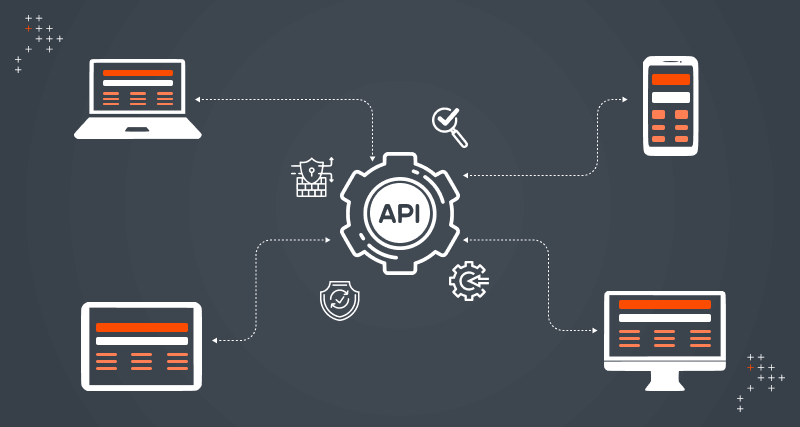Applications Programming Interfaces (APIs) are the cornerstone of contemporary software systems in today’s networked digital environment. These invisible bridges facilitate smooth data sharing and communication across several apps. As we become more dependent on linked systems, it is critical to make sure these APIs are secure and dependable. Let’s examine the reasons that API testing has emerged as a crucial component of software quality control.
Ensuring Seamless Integration in a Connected World
Modern apps seldom function alone; instead, they are a component of a complex ecosystem in which several systems must coexist together. Testing APIs ensures that these linkages work properly and that data moves across systems without hiccups. API testing ensures that an e-commerce platform’s connections with payment gateways, inventory management systems, and shipping services occur precisely and consistently, avoiding expensive company interruptions. Additionally, APIs have to manage a variety of data types, authentication systems, and communication protocols in this networked environment. The right management of these technical difficulties is confirmed by extensive testing, which guarantees that every interaction—whether it be a logistical request, a financial transaction, or a real-time inventory update—maintains its integrity and dependability throughout the whole process.
Safeguarding Data Security and Privacy
In a time when data breaches frequently make news, API testing is essential for spotting security flaws before they can be taken advantage of. Organizations may confirm that their APIs manage authentication, preserve data encryption, and implement access restrictions correctly by doing thorough testing. This proactive method guarantees adherence to the numerous data protection laws that control contemporary firms and aids in the security of sensitive information.
Maintaining Performance Under Pressure
APIs must manage growing loads while preserving performance as digital services expand to accommodate millions of users. Before they affect consumers, API testing assists in finding response time problems, performance bottlenecks, and scale constraints. Organizations may confirm that their APIs can manage periods of high traffic, such as holiday shopping seasons or unforeseen increases in demand, by conducting load and stress tests.
Accelerating Development Cycles
Frequent releases and quick iterations are required by the current software development lifecycle. Teams can swiftly and securely validate changes thanks to API testing, which supports continuous integration and deployment procedures. Development teams may maintain high quality standards without delaying delivery timelines, identify problems early in the development cycle, and receive instant feedback on code changes by automating API testing.
Supporting Multi-Platform Compatibility
APIs must provide consistent operation across diverse contexts as customers access services on a variety of platforms and devices. API testing confirms that services function consistently whether accessed through web browsers, mobile devices, or Internet of Things devices. Maintaining user experience and avoiding platform-specific problems that might irritate consumers and harm a brand’s image depend heavily on this uniformity.
Conclusion
Since APIs are the foundation of contemporary software systems in today’s digital world, API testing is crucial to preserving their quality and dependability. API testing examples have shown that prioritizing API testing puts businesses in a better position to provide better services, safeguard user data, and respond faster to shifting consumer needs. It is impossible to overestimate the importance of API testing in guaranteeing successful digital transitions as we continue to construct increasingly interconnected systems.














